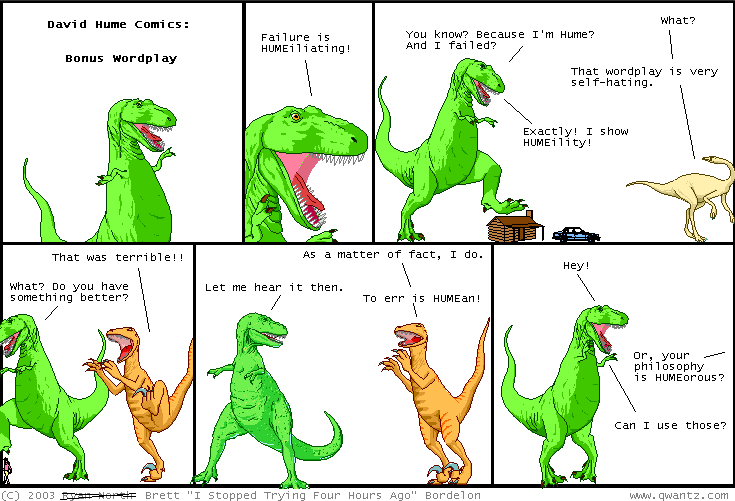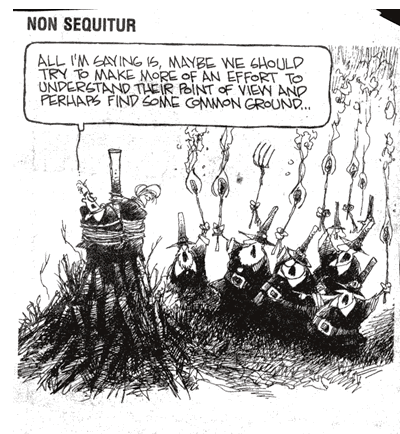The film opens up some questions about fate that I don't think it really answered or that we really touched upon too much. When Capt. Stevens kept being pulled out of the Source Code (SC) and back into his "capsule," he saw these glimpses - call them deja vu, precognition, whatever - of himself and Christina at Chicago's Millenium Park and the big chrome bean. These scenes occurred even before he felt like saving anybody on the train or understood his situation - as if he was headed towards that future "alternate universe" no matter happened. Could it be that every obstacle that Stevens ran into (or literally ran into him - see below!) kept him moving towards that unavoidable future?

What about the morality of using Capt. Stevens as a lab rat for the Source Code? It's obvious by the end of the movie that he's in a terrible state of physical trauma, and that only his mind is the most complete and functioning part of him. At points in the film, it appeared that Dr. Rutledge was "torturing" Stevens by sending him back into the memories of Sean Fentress only to be blown up again and again. We did mention that Capt. Stevens, as a member of the U.S. military, most likely, had signed away his rights to do with his remains as his parents wished. However, it is hard to imagine a father wishing this for his son. And by the end of the film, if it has reset and everything starts anew, Capt. Stevens will continue to be used further in the GWOT (global war on terror).
One question I kept having while first watching the movie (and occasionally in rewatching it with previous philosophy classes), is what happened to Sean Fentress's essence or soul or being? Captain Stevens takes over Sean's body, his likeness doesn't change, but his demeanor and actions do, as evidenced by Christina noticing how different he is acting on subsequent trips into the Source Code. Dr. Rutledge says that Sean Fentress exists in the Source Code as an electromagnetic field. But where did his essence go? Does Sean's essence / soul / being cease to exist as soon as Capt. Stevens enters Sean's body? Or did it cease to exist as soon as he died and this "Sean" is just a shadow of his former self? Does Sean's essence go somewhere else (maybe heading to heaven or hell or limbo, depending upon what you or even Sean believed)? Is his essence maybe going some place permenantly because he doesn't come back to his body after the end of eight minutes - the bomb goes off and Sean and Christina and dozens other people die? Or since we're watching a memory replay over and over again, is the whole point of where Sean is a moot point because at that point, Sean and many others are already dead and just live on in the memory? Plus at the end of the movie, we see Sean and Christina walking by Millenium Park enjoying a beautiful spring day playing hooky in some kind of memory(?) that couldn't have happened because the bomb didn't go off. Has the real Sean returned? Or is that still Capt. Stevens in his body?
One more question that I thought of while watching the movie again was this: are all of these trips into the Source Code with all of their different outcomes just part of a multiverse? Essentially, all of these trips have the same setting, the same laws of physics still apply, the same people in them, and essentially the same outcome (except for the last one) but the one wild card that changes every time is what Captain Stevens does within the eight minutes. Do all of these of these trips comprise different versions of a multiverse? And since the theory behind a multiverse states that almost all outcomes of an event are possible, that could leave room for one "reality" in which the bomb didn't go off.
Lastly, how do you explain the ending? Goodwin and Rutledge have no knowledge of the previous day's events (if those events even occurred - but they had to have existed somewhere, b/c Stevens sent her the email - it came from somewhere, sometime, right?). And at the end of the movie, it looked as if the whole day had been reset, Capt. Stevens was alive and in his previous "state of being," in addition to the bomber being caught and the initial train bombing never having occurred.
Questions to choose from:
1. How could the filmmakers have changed the film to make it more like Plato's cave? Explain your reasoning.
2. What role did fate play in this movie? Why? Or, did fate play no role at all and why not?
3. Did the military cross the line with the use of Capt. Stevens' body and mind for the Source Code? Why or why not?
4. Where did Sean Fentress's essence / soul / being go while Captain Stevens took over his body in the Source Code? Why?
5. Is the ending a new "movie reality" (for lack of a better term)? Why or why not? Is it possible that Stevens' determination somehow merged the alternate universe with the movie's original reality?
Pick three of the following questions and answer it as fully as you can. Stay in the nuances of the question as long as you can. Your response should be a minimum of 400 words and is due Friday, March 29 before class begins.
Here are a few interesting articles that explore some other issues brought up in the film:
"Who is Sean Fentress? A Completely Serious Exploration of What Happened After the Ending of Source Code" - https://filmschoolrejects.com/who-is-sean-fentress-e3ddff9993a/
"Here I Am: The Identity Philosophy behind Source Code" - https://filmschoolrejects.com/here-i-am-the-identity-philosophy-of-source-code-78cbe40abd2f/
"The Philosophy Behind The Source Code" - https://maxandrews.wordpress.com/2011/06/15/the-philosophy-behind-source-code/





